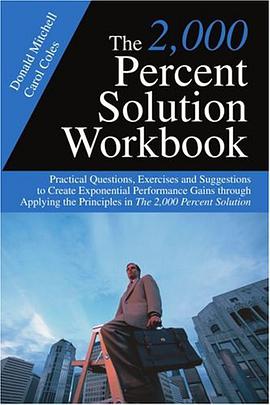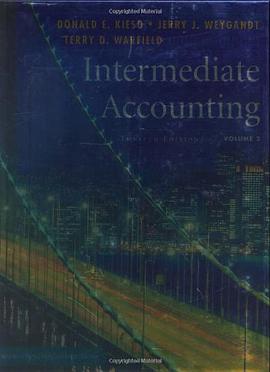

Based on a wide array of data collected by the author, this book, which was first published in 2007, uses clear theoretically motivated economic analysis to explain the structure, performance, and influence of universal banks and securities markets on firms during industrialisation. The German universal banks played a significant but not overwhelming role in the ownership and control of corporate firms. Banks gained access to boards via a confluence of their underwriting and brokerage activities, the legal phenomena of bearer shares and deposited voting rights, and the flourishing securities markets of the turn of the twentieth century. In general, bank relationships had little impact on firm performance; stock market listings, or ownership structure, were more important. The findings show that securities markets can thrive within a civil-law, universal-bank system and suggest that financial system complexity can favour rapid industrial expansion.
具体描述
读后感
评分
评分
评分
评分
用户评价
相关图书
本站所有内容均为互联网搜索引擎提供的公开搜索信息,本站不存储任何数据与内容,任何内容与数据均与本站无关,如有需要请联系相关搜索引擎包括但不限于百度,google,bing,sogou 等
© 2025 book.wenda123.org All Rights Reserved. 图书目录大全 版权所有




















